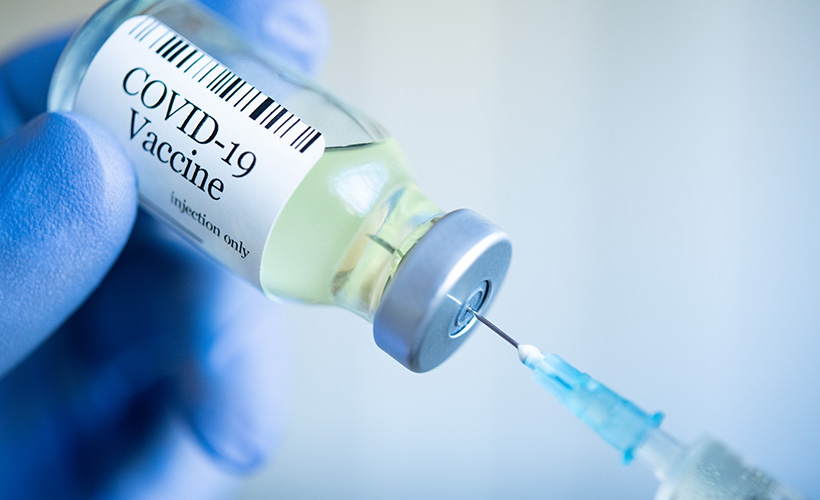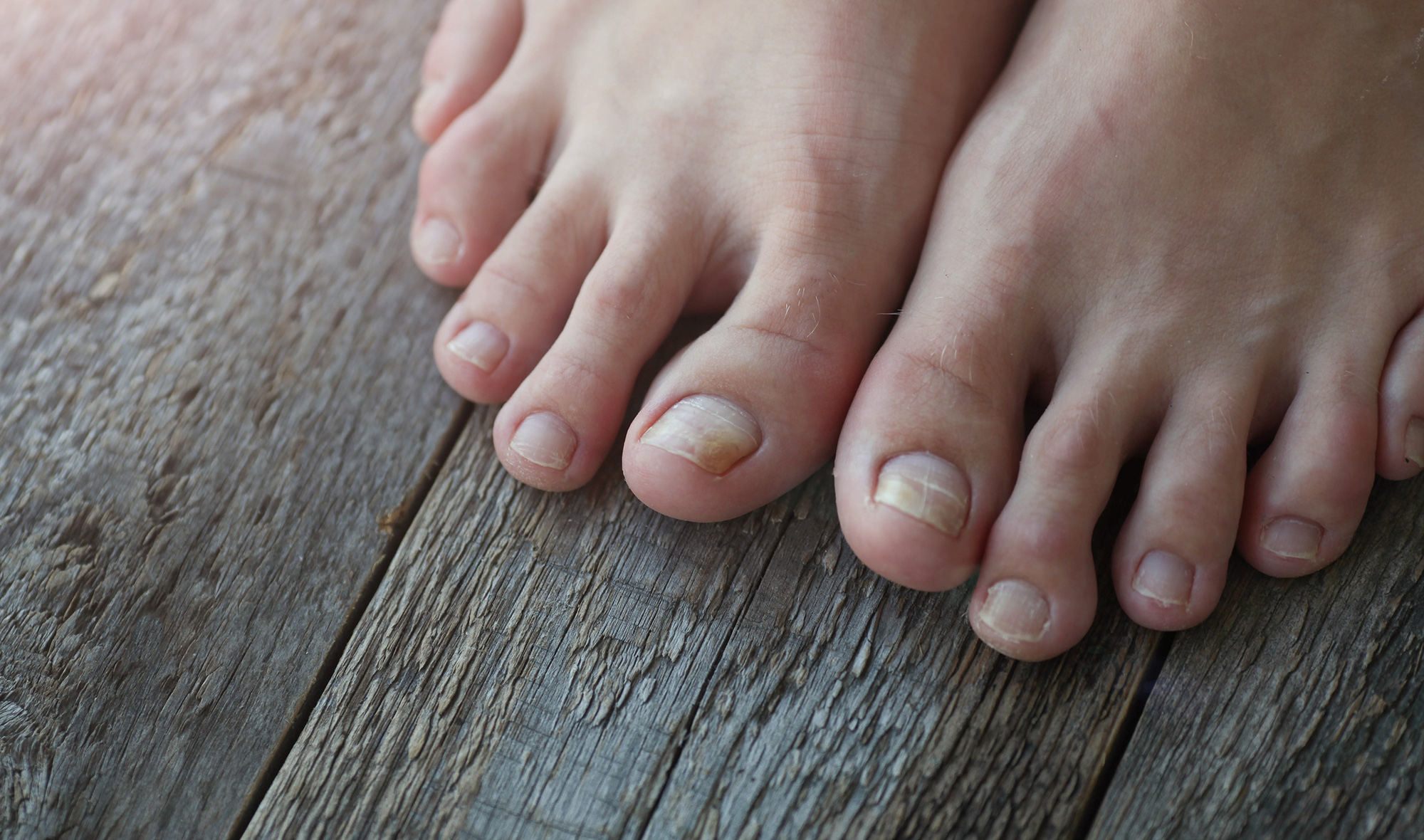Move over November, Movember is here again! Movember is an initiative to help raise awareness and funds to help support Kiwi men’s mental health, suicide prevention, prostate cancer, and testicular cancer. Attention on men’s health needs more than just its month in the media, as the statistics are sobering. Globally, a man is lost to suicide every minute of every day, prostate cancer is the most common cancer in men over 45 and testicular cancer is to most common cancer in young men. Somber statistics, yet it is great to know that we can take active, preventative measures to give ourselves the best chance possible of staying in good health. Let’s rock that Movember mo’ for many years to come!
Men are clearly different from women, period. Nutrient needs are different, and susceptibility to certain illnesses is different for men and women. With the goal being to enhance health and performance, from the boardroom to the bedroom, I’ve put together a little ‘How To’ manual if you will, for tuning the male body and keeping those masculine wheels in motion. The good news is that these are some simple, practical fixes that can push back the wear and tear and keep men fine-tuned.
Eliminate ‘White Foods’ from the Diet. White sugar, white flour, white rice, and other highly processed or refined foods are not only lacking minerals and vitamins but they’ve also been stripped of their beneficial natural fibre. As a result, these highly refined foods can quickly drive up blood sugar levels, which can contribute to weight gain, diabetes, and a host of other health problems. As a start, men should try to avoid store-bought processed bread and baked goods made with white sugar and white flour. Laying off sugar-laden sodas, full-carb beers and snack foods is also a good idea. Instead of bakery blow-outs, the focus should be on eating whole foods and wholegrains (ie, brown rice) fiber-rich fruits, vegetables, legumes, and whole grains. Meal preparation is key here!
Stay Away from Harmful Trans Fats. It’s important to watch the types of fat eaten regularly. Deep-fried foods and anything made with hydrogenated oils (margarine, shortening, store-bought pastries, and cookies) contain trans fats, a type of fat that is shown to raise the risk of heart disease. The goal should be to eat only healthy fats where possible, such as avocado, olive oil, and the omega-3 oils found in salmon and other cold-water fish. These fats are the preferred form of fats in the diet for many reasons. Among other benefits, they can support heart health, and healthy circulation, boost the immune system and reduce the risk of prostate cancer. Omega-3 fatty acids are potent anti-inflammatory foods that can help lower triglyceride [blood fat] levels, reduce aches and pains, and offer relief to certain kinds of arthritis.
Take a Daily Multivitamin and Mineral Supplement. While there is no substitute for a healthy diet, for optimal nutrition in the modern world, it can be beneficial to take a high-potency multivitamin and mineral supplement. This is because, for the rare few who are eating a perceived “perfect” diet, it’s sadly, unlikely that food these days contains all the nutrients we need. This is due to poorer soil quality, storage, processing and even cooking reducing or even depleting our food of optimal levels of vitamins and minerals. Taking a high-quality daily supplement (with guidance by a health professional) can be seen as “health insurance” against possible deficiencies, some of which can lead to disease or even just discomfort due to imbalances.
Include Weight Training in Exercise Routine. Aerobic exercise is great for cardiovascular conditioning but this should be combined with resistance exercise to improve muscle strength. Consider joining a gym, consult a personal trainer or ask an experienced friend to show you the ropes.
Maintain An Optimal Weight. Maintaining a healthy weight is one of the best preventative things males can do to look after their health. You’ll look better, feel better and reduce your risk of heart disease, diabetes, hypertension, and other major killers.
Alcohol Only in Moderation. You’ve probably heard of the “French Paradox,” and repeated studies have shown that drinking moderate amounts of wine may, in fact, protect against heart disease. Remember that moderation is key. While one to two drinks a day may be protective, excess alcohol consumption is devastating to health, increasing the likelihood of suffering from many ailments and diseases.
Reduce the Risk of Prostate Cancer. The prostate is a doughnut-shaped gland (approximately the size of a walnut) that lies below the bladder and surrounds the urethra. The gland produces a fluid that makes up the majority of the male ejaculate and nourishes and transports the sperm. Benign (non-malignant) enlargement of the prostate gland is known as benign prostatic hyperplasia, or BPH for short. Because an enlarged prostate can pinch off the flow of urine, symptoms of BPH can include; nighttime awakening to empty the bladder, increased urinary frequency, and reduced speed and flow of urination. BPH is an extremely common condition, affecting approximately 50% of men during their lifetime. Research has shown that diet plays a critical role in the health of the prostate gland. Avoid large amounts of saturated and trans fats, which may fuel prostate cancer growth, and incorporate foods into your diet that are believed to be protective, such as; soy, green tea, and tomatoes. Soy contains isoflavones (shown to inhibit cancer development), Green tea is rich in polyphenols (shown to inhibit the formation of cancer-causing compounds and help to block the growth of prostate cancer cells). Tomatoes, particularly cooked tomato products, are an excellent source of lycopene. Lycopene is linked to a reduced risk of prostate cancer. In addition, the antioxidant selenium and Vitamin E have both been shown to reduce the risk of cancer. Multivitamins can have high doses of these nutrients, which can help to lower the risk of prostate cancer dramatically. Cholesterol damaged by free radicals is particularly toxic and carcinogenic to the prostate. It is particularly important to avoid pesticides (buying/eating organic, where possible), increase intake of zinc and essential fatty acids and keep cholesterol levels below 200mg/dl.
Maintain Sexual Function. Most cases of erectile dysfunction (impotence) have one physical cause: There’s just not enough blood getting to the area in question. To improve overall circulation, the diet, supplement, and exercise recommendations above may help. Any food that is beneficial for the health of the cardiovascular system is also ultimately good for erectile function in men. This is because nutrients that are good for the heart improve circulation to all parts of the body. If you’re taking prescription drugs and are having erectile dysfunction, it may be a good idea to review your prescriptions with your doctor, as many drugs can worsen erectile function and impair libido. Smoking also significantly impairs erectile function. While several herbs have been shown to improve sexual function, Ginkgo biloba is one of the most well-known for helping support male sexual health. Gingko can help to increase blood flow to the penis, and Panax ginseng, oats, Horny goat weed (yes, that is its correct name!) and Maca can also improve libido.
Eat Oysters and other Zinc containing foods. It has long been believed that oysters are the food of love. Science now agrees. Consuming just two to three oysters can deliver a full day’s recommended supply of zinc, a mineral critical for the normal functioning of the male reproductive system. Zinc is involved in hundreds of critical body processes, including the production of sperm. Research has suggested that adequate zinc intake may protect against cellular damage that leads to prostate cancer. Don’t fear if you’re not a fan of oysters…You can also get your daily recommended dose of 11 milligrams a day by eating other shellfish, mushrooms, pumpkin seeds, seafood, spinach, sunflower seeds, and whole grains.
Eat Bananas for Potassium. Bananas are an easy source of fast fuel and are rich in potassium, a mineral needed to regulate nerves, heartbeat, and blood pressure. Diets rich in potassium and magnesium (which is also found in bananas) are also believed to reduce the risk of stroke. So channel your inner monkey and enjoy a daily banana at breakfast on your whole grain-cereal, in a smoothie, or before your workout at the gym.
Eat your Greens! Studies have found that cruciferous vegetables like broccoli and cabbage may help to protect against bladder cancer. Bladder cancer is one of the most common cancers and affects around two to three times as many men as women. Aim for five or more servings a week.
It’s imperative for male health improvement to begin as early as possible. Diet and nutrition are important not only for treatment but for the prevention of male health concerns. Food can’t do the job alone. A multi-faceted holistic approach should be taken, which can include (but is not limited to!) considering professionally prescribed supplements geared directly towards male needs, getting good exercise, not smoking, having regular health checks, and avoiding toxins, where possible. We want to see the men in our lives living their best lives and sporting those mustaches for a long time to come!

















Community